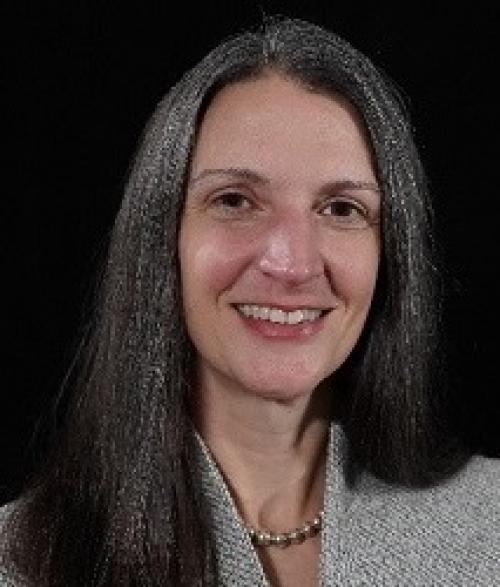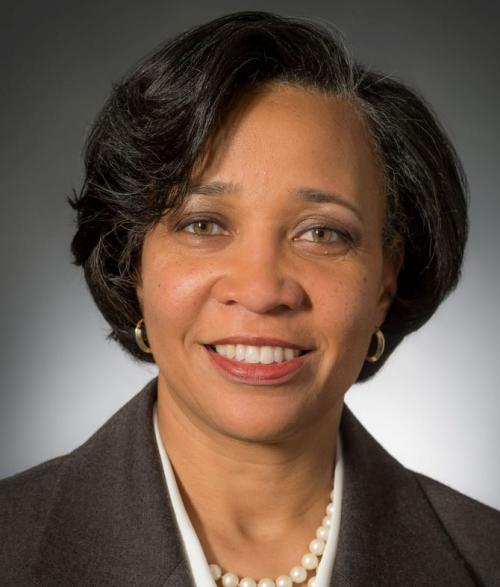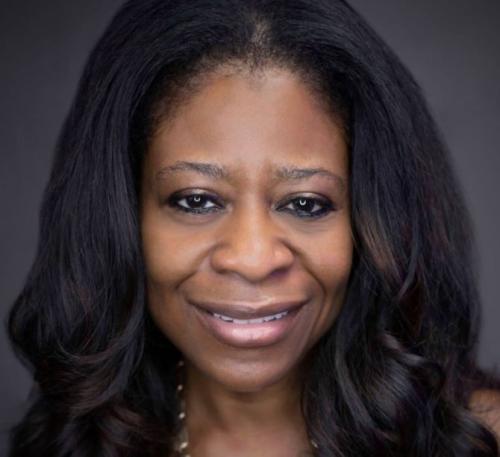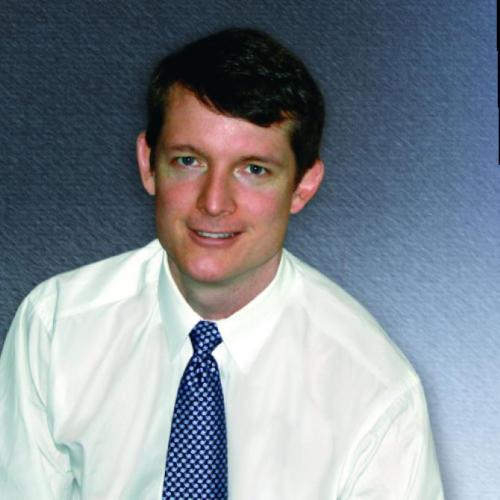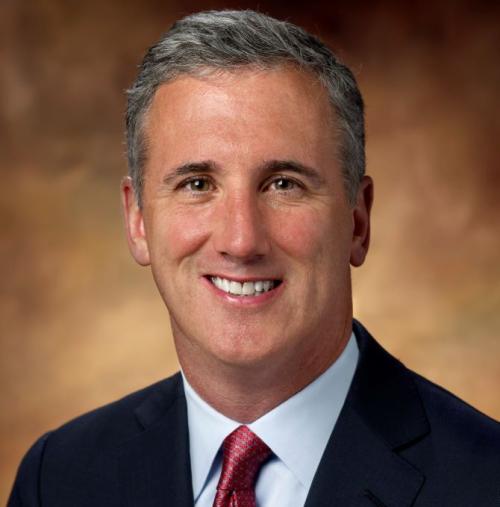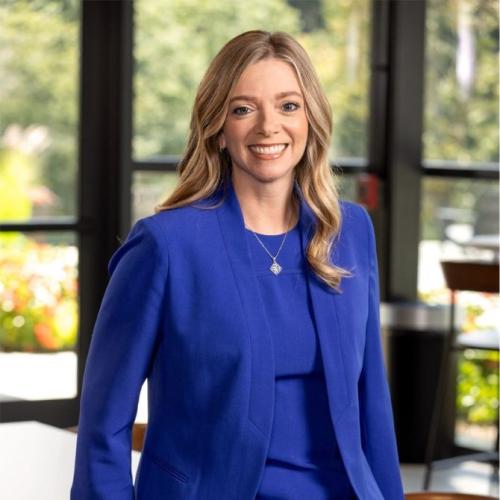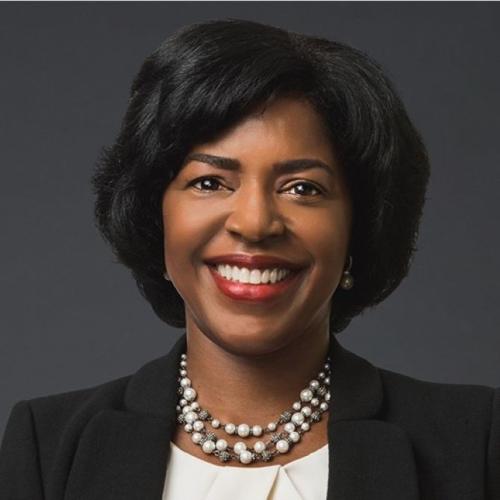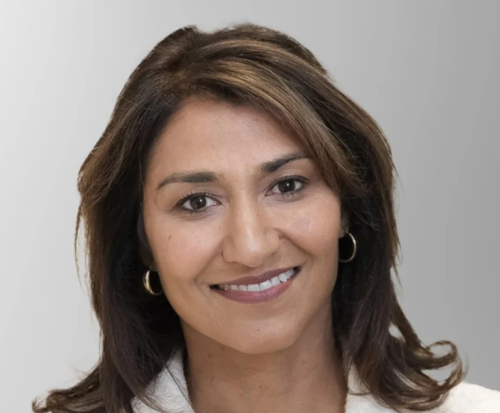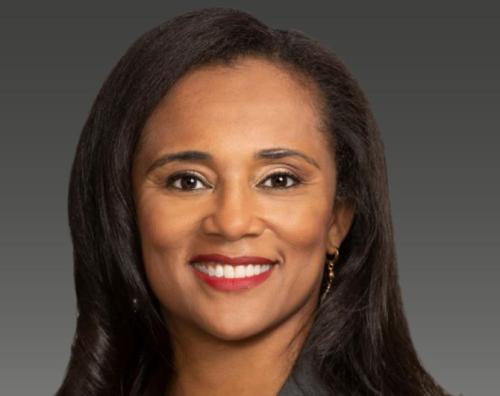Cindy Fornelli of the Center for Audit Quality hopes awards embolden others to more confidently propose governance improvements
Cindy Fornelli remembers when any mention of compliance – as corporate governance was known several years before Sarbanes-Oxley – would get a bit of an eye roll. And to some degree, she thinks that response persists, in part because governance is a cost-avoidance effort rather than a revenue generator for companies.
Before becoming executive director of the Center for Audit Quality (CAQ), Fornelli was the regulatory and conflicts management executive at Bank of America, with responsibility for managing enterprise-wide conflicts that could potentially arise from the bank’s delivery of multiple products and services across several business divisions. Prior to that, she worked at the SEC as deputy director of the division of investment management, in charge of implementing SEC policy, rules and regulations in the investment company and investment advisory industries.
But her interest in corporate governance goes back to her days as a lawyer in private practice at Fried Frank Harris Shriver & Jacobson, where she and her colleagues helped corporate clients defend themselves against SEC allegations of misconduct and fraud. ‘As I did that work, I developed a keen interest in the proactive side of compliance,’ she says. ‘Instead of doing all the governance work that was so important to remediate the problems the SEC had found, [I thought] wouldn’t it have been better if they had done that ahead of time proactively, and not have it dictated to them by a regulator?’ That led to her assisting companies in developing their governance programs, which in turn eventually steered her career toward the SEC.
Fornelli, who is neither an auditor nor a certified public accountant, was recruited by CAQ because of her governance expertise, based on the decision that the audit profession would benefit from inviting outside voices to be part of the organization. ‘That’s also why we have public board members and why we spend a lot of time convening and collaborating with a whole host of various stakeholders, including investors, audit committee members, academics and regulators,’ she says. ‘We spend a lot of time understanding those people’s points of view as we form our policy positions.’
Fornelli believes the continuous feedback loop at the heart of the Deming model, which revolutionized manufacturing after World War II, is equally critical in corporate governance. ‘The thought is that you can’t add quality at the end,’ she explains. ‘It has to be built in during the entire process. We all have to have our eye on the ball when it comes to [audit] quality. That’s our model for fighting fraud, for instance. The company, the internal auditors, the [board] audit committee and the external auditors all have to be involved in fighting fraud from the beginning.’
And that means getting company culture right – not only tone at the top, but also the mood in the middle and the buzz at the bottom, she adds. ‘It has to permeate the entire organization.’
In studying why whistleblower hotlines aren’t more effective than they are, Fornelli says ‘one of the reasons people don’t use the hotline is fear of retaliation – or worse, that the company’s indifferent, that [a report of misconduct is] going to go into some black hole. One good thing in governance practice is for the company to report what it’s heard through the hotline on a periodic basis, whether quarterly, biannually or annually.’
For example, a company could report that it had investigated all 27 complaints received through the hotline or other mechanisms, that three of them were categorized as serious and in all three cases the commensurate disciplinary action was taken.
‘So you’re not naming names, and you don’t have to worry that you’re breaching anybody’s confidentiality,’ she says. ‘It’s a way for the company to say, Just so you know we’ve done this and here’s the net result.’ That would help employees feel that if they were to have the courage to speak up and use that mechanism, they would be listened to, wouldn’t be retaliated against and that it would make a difference, she adds.
This will be Fornelli’s third year as a member of the judging panel for Corporate Secretary’s annual Corporate Governance Awards. ‘While I don’t think people are motivated to do this kind of work because of an award per se, I do think it’s important that we highlight and acknowledge the importance of strong corporate governance and give the examples to others,’ she says. ‘That’s what I think the real benefit is: it challenges others to think about their own disclosures and their own governance practices, and it provides tangible examples of how things could be improved.’
Given how hard it is to be first to stick your head up and make changes, Fornelli believes putting the spotlight on examples of superior governance practices will enable others to realize they aren’t alone in suggesting improvements in their company’s disclosures and trying to strengthen their governance processes. ‘I think that’s a really important part of the awards, and that’s why I’m pleased to serve as a judge,’ she says. ‘It opens the door for others to do the same thing when they can see and point to other examples. It also helps with those within your organization who may be a little hesitant to go beyond what they consider to be the norm, what they’ve been doing for the past several years.’
That’s also something she says CAQ tries to do in its audit committee collaborations, by showing other audit committees the types of disclosures that are already being made in the marketplace. ‘So if a company wants to enhance its disclosures in its audit committee report, it can see examples of companies that have done it and it won’t feel as though it’s the first one sticking its head up.’
Corporate Secretary is now accepting nominations for the ninth annual Corporate Governance Awards. If you would like to nominate your company or a client you work with in any of the 14 categories, please click here.
